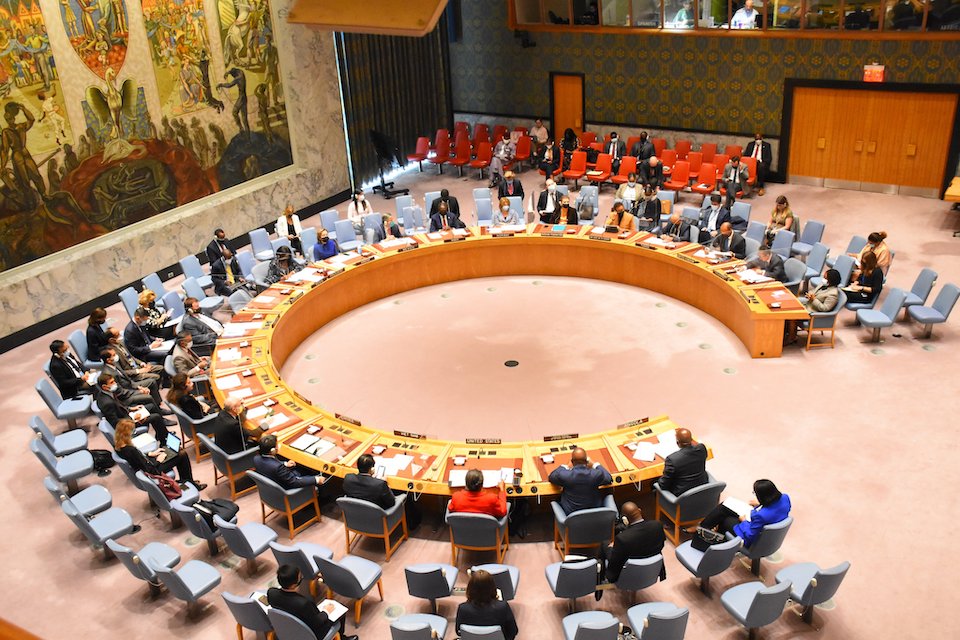Sustainable solutions to the drivers of conflict in the Great Lakes region
Statement by Ambassador James Kariuki at the Security Council briefing on the Great Lakes Region

Madam President, Excellencies, I would like to thank Kenya for using its Presidency to shine a spotlight on the Great Lakes region and for encouraging renewed commitments from the Security Council to seek sustainable solutions to the drivers of conflict in the region. Let me also thank Special Envoy Xia and Ambassador Caholo and ASG Pobee for their briefings.
I will focus my intervention on three issues: regional relations; eastern DRC; and natural resources.
Firstly, the United Kingdom remains deeply committed to promoting long-term peace and stability in the Great Lakes.
All parties should prioritise promoting dialogue and strengthening trust in order to reduce the threat of armed groups in Great Lakes.
We strongly welcome the improved bilateral relations between regional states and encourage the continuation of regular bilateral communication, including at head of state level, and with the United Nations, particularly around insecurity in eastern DRC.
The United Kingdom thanks Special Envoy Xia for his work and stands ready to assist him in supporting dialogue processes and confidence building. In this regard, we urge regional leaders to attend relevant meetings in-person wherever possible in order to enable frank exchanges on the common challenges facing the Great Lakes region.
Madam President, The United Kingdom remains deeply concerned about the security and humanitarian situation in eastern DRC, which continues to deteriorate despite the state of siege in North Kivu and Ituri. I reiterate our call on the Government of the DRC to ensure the state of siege remains transparent, time-limited and implemented with respect for human rights and humanitarian law.
The United Kingdom recognises the launch of the Contact and Coordination Group on non-military measures as an important step towards enhanced security cooperation in the region. We support the Secretary General’s recommendation that the group’s operational cell be established swiftly to ensure effective implementation of its Action Plan.
Thirdly, natural resources.The concept note for today’s meeting, as well as many interventions, identified illegal exploitation and trade in natural resources as a driver of conflict and instability. We thank Kenya for successfully leading a Presidential Statement on this issue.
We also congratulate the International Conference of the Great Lakes Region, the Office of the Special Envoy and the Government of Sudan for convening the high-level workshop in Khartoum, where participants agreed a coherent approach to addressing the illegal exploitation and trade in natural resources.
The United Kingdom encourages regional governments to play their part by increasing national efforts to tackle corruption and improve the rule of law and domestic taxation.
We are deeply concerned that the UN Group of Experts for DRC has been on hold since August. This has prevented the Group from providing their concrete and actionable reporting on illicit smuggling of natural resources in the region, which is of enormous value to regional and international actors dedicated to tackling this issue.
To conclude, Madam President, in addition to continuing to focus on natural resource exploitation, let me highlight the importance of also discussing and addressing other priority areas including but not limited to human rights, good governance, freedom of expression and civil liberties to reduce conflict and promote peace in the Great Lakes.
Thank you, Madam President.